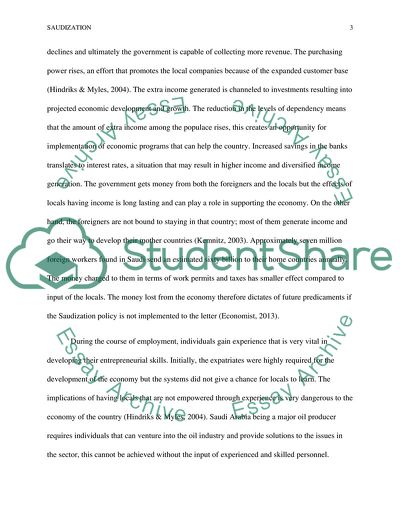Cite this document
(Saudization: the Employability in Saudi Arabia Research Paper, n.d.)
Saudization: the Employability in Saudi Arabia Research Paper. Retrieved from https://studentshare.org/professional/1804979-saudization
Saudization: the Employability in Saudi Arabia Research Paper. Retrieved from https://studentshare.org/professional/1804979-saudization
(Saudization: The Employability in Saudi Arabia Research Paper)
Saudization: The Employability in Saudi Arabia Research Paper. https://studentshare.org/professional/1804979-saudization.
Saudization: The Employability in Saudi Arabia Research Paper. https://studentshare.org/professional/1804979-saudization.
“Saudization: The Employability in Saudi Arabia Research Paper”, n.d. https://studentshare.org/professional/1804979-saudization.


